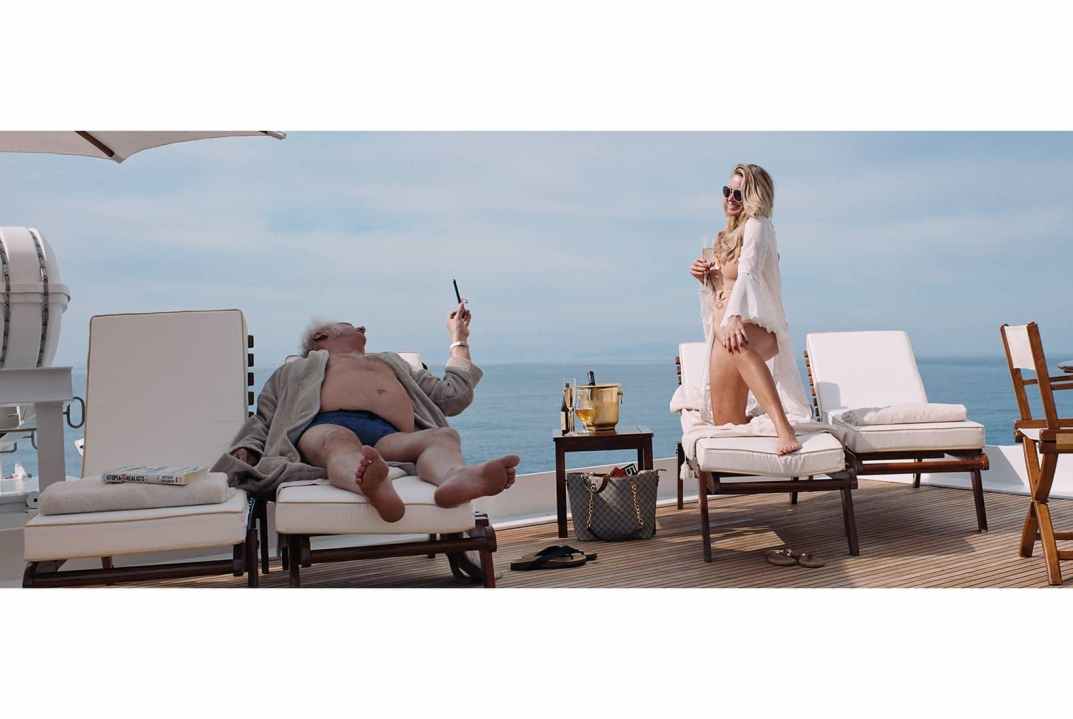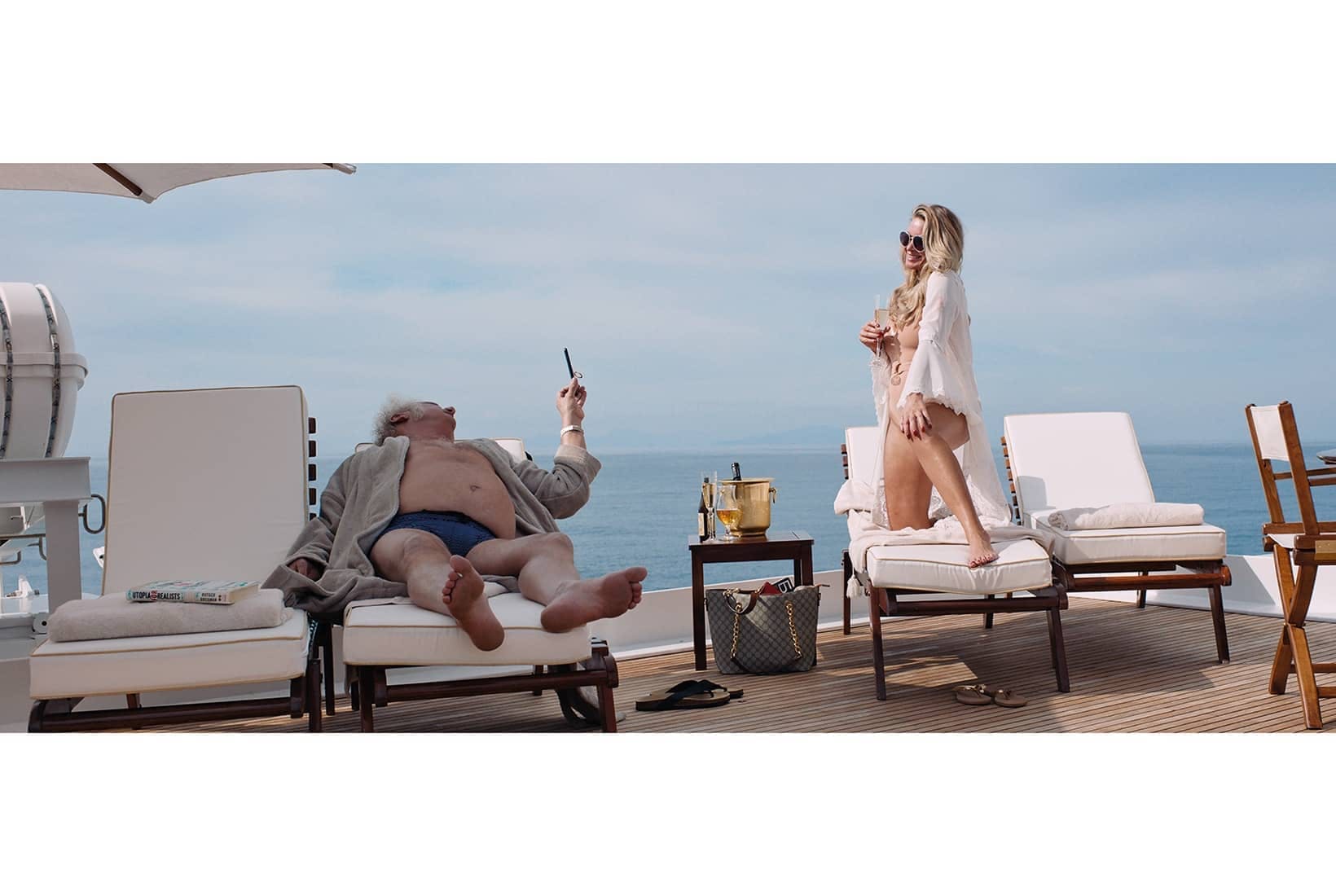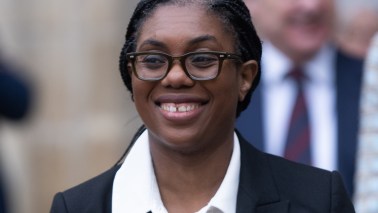The latest film from Ruben Ostlund received an eight-minute standing ovation after its screening in Cannes and also won the festival’s top prize, the Palme d’Or, and this has left me entirely baffled: what, the film I’ve just seen? The one where every scene is far too long? The one billed as a ‘satirical black comedy’ even though the targets are easy and it doesn’t say anything and I didn’t laugh once? That film? I should add, it’s not for the emetophobic. One of the scenes that goes on far too long involved so much vomiting that I could only watch the bottom 5 per cent of the screen. Ostlund needs someone like my mother in his life to tell him it’s not clever, it’s not funny, pack it in.
Ostlund has, it’s true, previously made two magnificent films: the earth-shattering Force Majeure about an avalanche in the French Alps and The Square, an art-world satire that also won the Palme d’Or, whatever that’s worth. This is also about awful rich, privileged people but unlike Parasite, say, or the TV series The White Lotus, it is pure scorn and, trust me, 149 minutes of pure scorn without wit or insight properly drags.
It is pure scorn and, trust me, 149 minutes of pure scorn without wit or insight properly drags
It’s told in three distinct acts with the first being the best. It introduces us to a male model, Carl (Harris Dickinson), who has the ‘triangle of sadness’. That is the patch of skin between the eyebrows and top of the nose that becomes more furrowed with age and may require Botox, so I did learn something. Next, he’s out for dinner with his girlfriend, Yaya (Charlbi Dean), a flinty model, where a row ensues over a restaurant bill. He always picks it up even though she’s richer than him.








Comments
Join the debate for just £1 a month
Be part of the conversation with other Spectator readers by getting your first three months for £3.
UNLOCK ACCESS Just £1 a monthAlready a subscriber? Log in